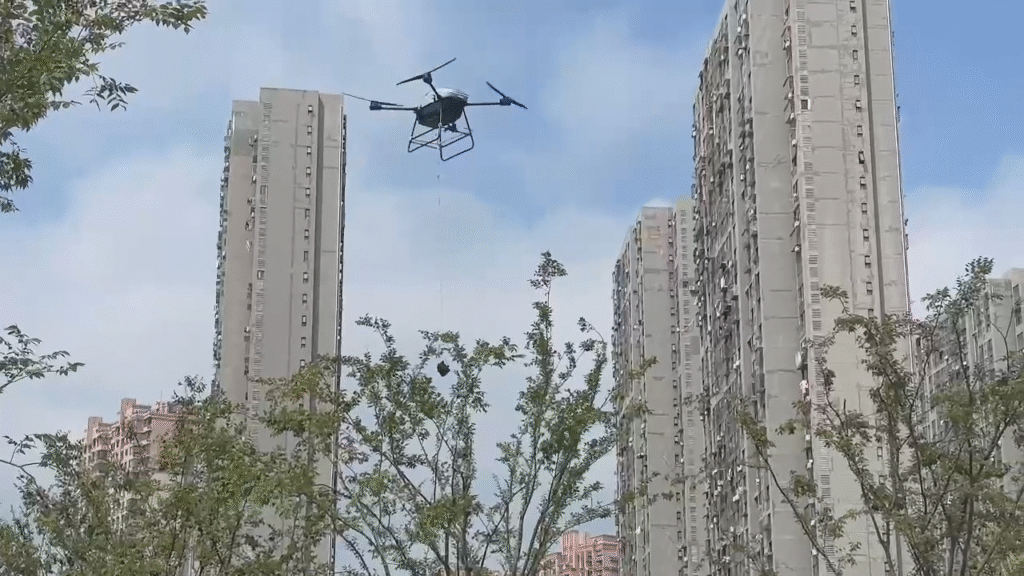Koyosha Co., Ltd. (President & CEO: Shinji Kawashima) has launched a research and development project for a next-generation industrial drone powered by a hydrogen fuel cell (H2FC), leveraging our consulting track record in clean energy—such as solar, wind, small modular reactors (SMR), and energy storage—and our domestic and international technical networks, while integrating the results of several years of research and validation on H2FC and industrial-drone component technologies.
Amid accelerating energy transition and decarbonization, this project aims to realize a new form of aerial mobility that enables both sustainability and business viability, while reducing environmental impact and expanding operational domains that conventional drones have struggled to cover.
[ Target specifications for the first prototype (in development) ]
- Continuous flight time: up to 2 hours
- Maximum payload (carrying capacity): 60 kg
- Environmental tolerance: flight in −40 °C conditions
- Powertrain: air-cooled hydrogen fuel cell (planned)
- Development schedule: prototype targeted for completion within 2026
[ Intended use cases ]
Designed as a platform-type drone featuring long endurance, high payload capacity, and low-temperature capability, potential applications include:
(Examples under consideration during development)
- Logistics/cargo transport in mountainous and island regions
- Inspection and monitoring of large-scale infrastructure (transmission and distribution assets, wind and solar power facilities, etc.)
- Wide-area situational assessment and emergency delivery during disasters
- Support for special missions in polar and low-temperature environments
Going forward, in line with the progress of demonstration and social implementation, we also envisage applications across a broader range of industrial domains.
[ Development policy ]
Positioned as a “next-generation drone platform” with applicability beyond air transport to diverse industrial fields, the aircraft is being developed and engineered with the following concepts. The primary development concept is to extend the operational scope of electric drones into domains that were previously difficult to address.
- Utilize the high energy density of fuel cells to deliver long endurance and high payload, thereby expanding the operational scope of battery-powered drones
- Simplify the system configuration and improve maintainability and cold-weather performance through adoption of an air-cooled architecture
- Establish safety and reliability design requirements with a view to mass production and real-world operations
This project represents Koyosha’s effort to extend our stance—“connecting cutting-edge energy technologies with business to pursue both sustainability and profitability”—into the mobility domain. Going forward, through collaboration with strategic partner companies, municipalities, and research institutions, we will progressively advance from demonstration to social implementation and on to the build-out of a mass-production framework. In parallel, aiming to achieve both long endurance and operability, we will pursue miniaturization of the hydrogen drone.
[ Contact ]
For inquiries, please use the existing contact channels (contact form / email) on our website.
[ Disclaimer ]
The specifications, use cases, and schedules described herein are subject to change as development progresses. Compliance with each country’s aviation laws, radio laws, the High Pressure Gas Safety Act, and export control regulations is a prerequisite; legal requirements may impose restrictions on operating conditions, service regions, and technical specifications.
This release is not intended as a solicitation for investment, and we assume no obligation to update its contents to reflect future events.
